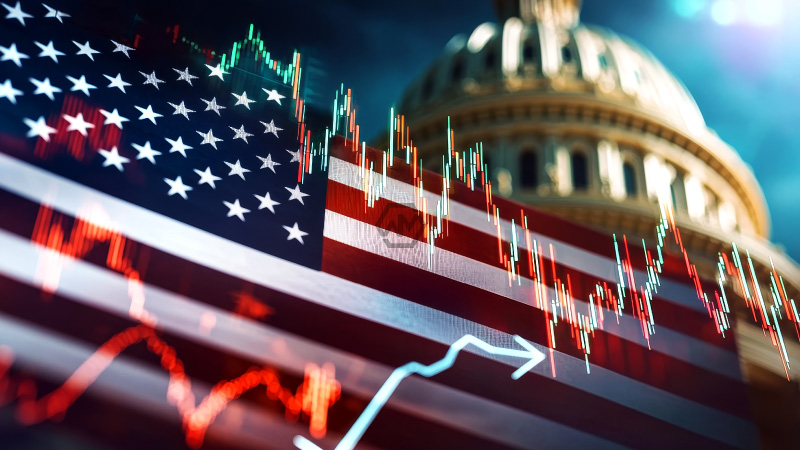- U.S. consumer confidence dips sharply, driven by political and economic uncertainty.
- Global trade alliances shift as countries respond to U.S. tariff policies.
- Rising oil prices from geopolitical conflict threaten renewed inflation.
American consumers are growing increasingly uneasy about the state of the economy, with confidence levels plunging to their lowest in months. The Conference Board’s latest data reveals a 5.4-point decline in June, driven primarily by Republican respondents.
On the global front, the ripple effects of U.S. tariff policies are prompting significant shifts in international trade strategy. Countries participating in the Global Trade and Innovation Policy Alliance are prioritizing local industries and seeking to reduce reliance on American markets.
Tariffs, Oil, and Trade Shifts: Why Americans and the World Are Rethinking Economic Stability
The most immediate concern for American households is inflation, particularly from fuel costs. With oil prices poised to rise sharply following the U.S. military’s actions in Iran, gas prices are likely to breach the $3/gallon mark again. This shift could undercut the modest progress made in consumer spending and dampen retail and travel sectors as budgeting becomes more difficult.
Global trading partners are not only bracing for economic turbulence but actively pivoting their strategies. Many have begun to forge bilateral and regional agreements that reduce dependency on U.S. markets, in part due to the perceived volatility of American trade policy. The WTO, once a stabilizing force, is now viewed as inadequate for managing modern trade tensions.
In Iraq, small but symbolic changes in currency markets reflect growing global unease. The U.S. dollar dipped slightly against the Iraqi dinar in Baghdad and Erbil, signaling a minor but notable adjustment. Local economies in oil-sensitive regions are watching developments closely, as instability can rapidly shift both prices and public sentiment.
Meanwhile, China’s growing role in shaping global trade norms is facing resistance. While some developing nations benefit from Chinese investment and infrastructure projects, others worry about the long-term impact of subsidized exports on their domestic industries. As AI adoption accelerates, nations fear becoming locked into technology ecosystems dominated by foreign players, whether American or Chinese.
As economic confidence slips at home and trade dynamics shift abroad, the U.S. finds itself navigating a turbulent moment defined by uncertainty, rising costs, and a rapidly evolving global order.
“When the winds of change blow, some build walls while others build windmills.” — Chinese Proverb



